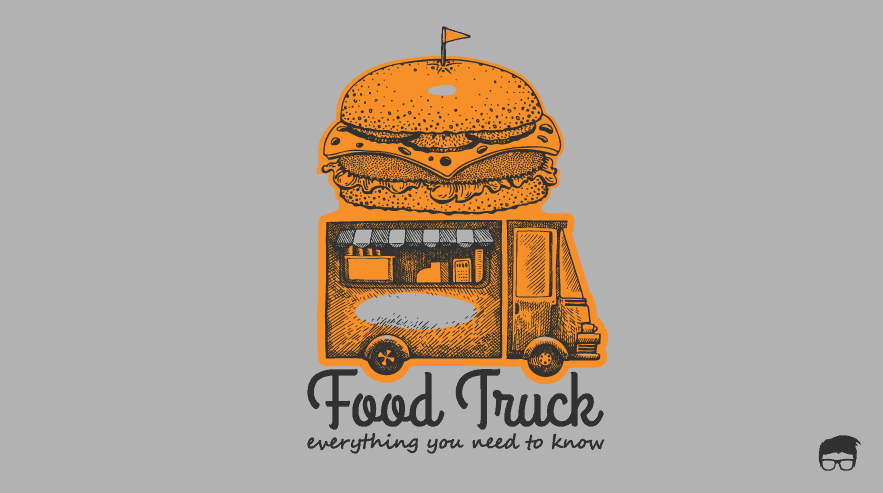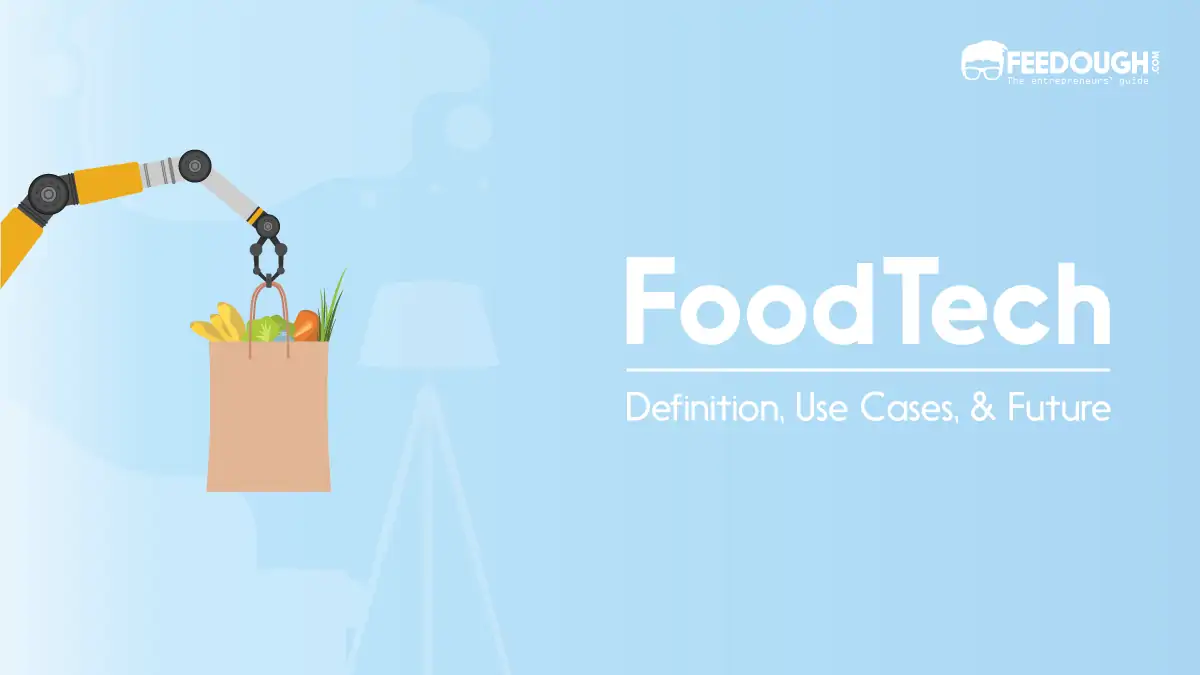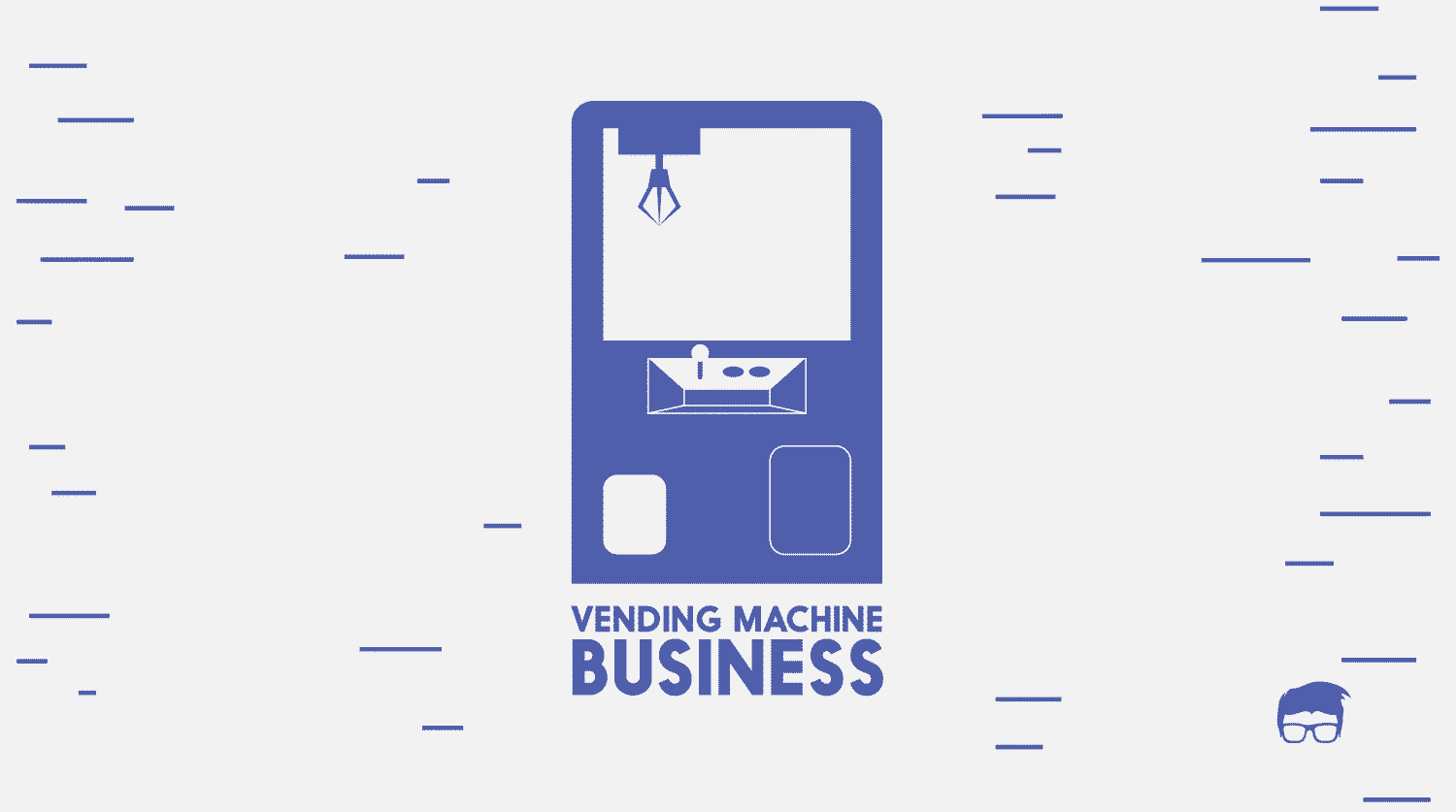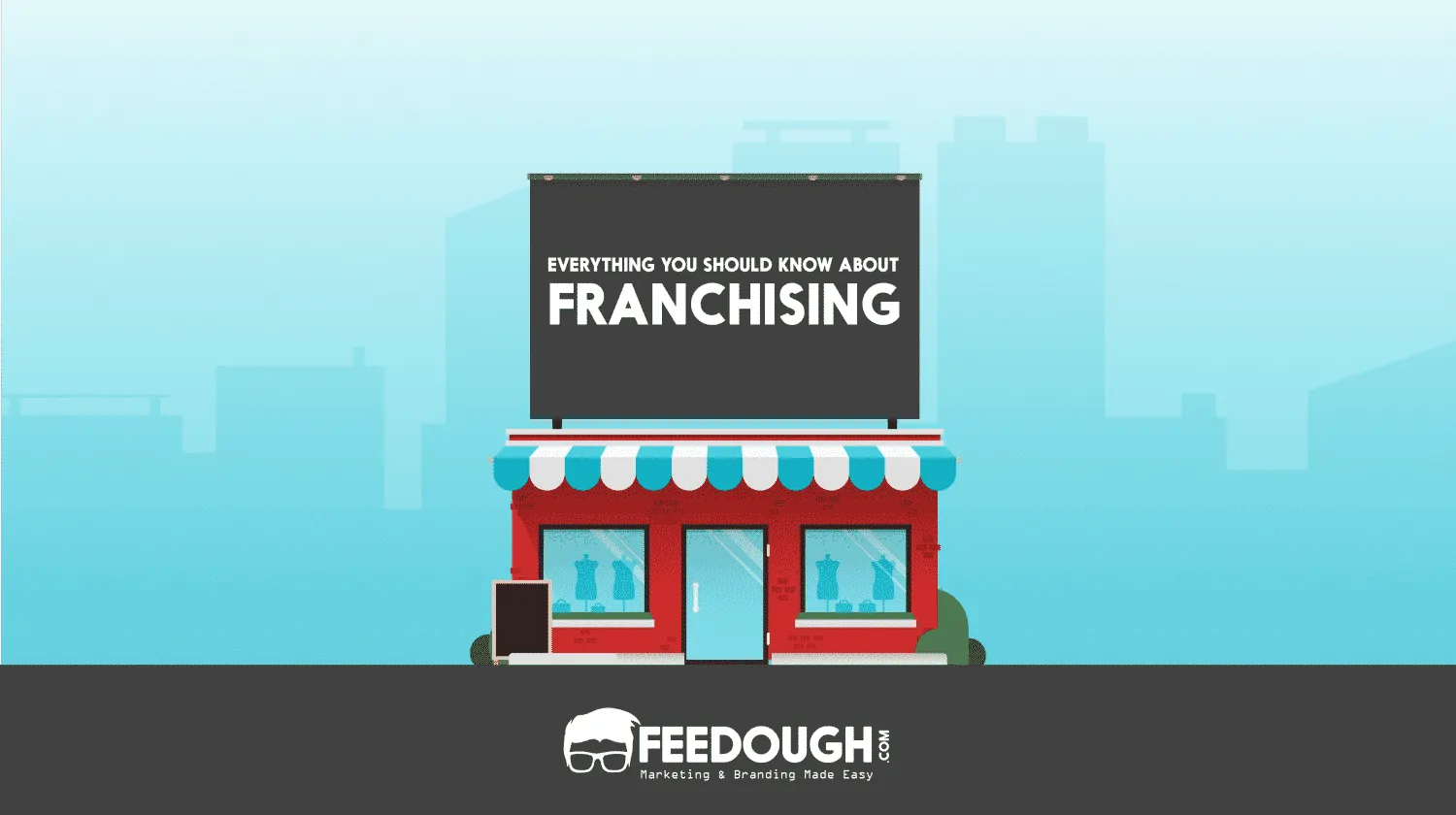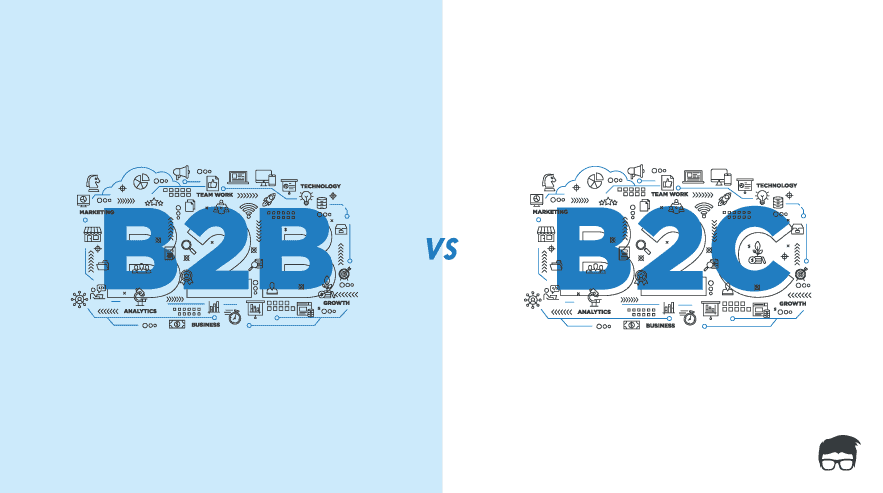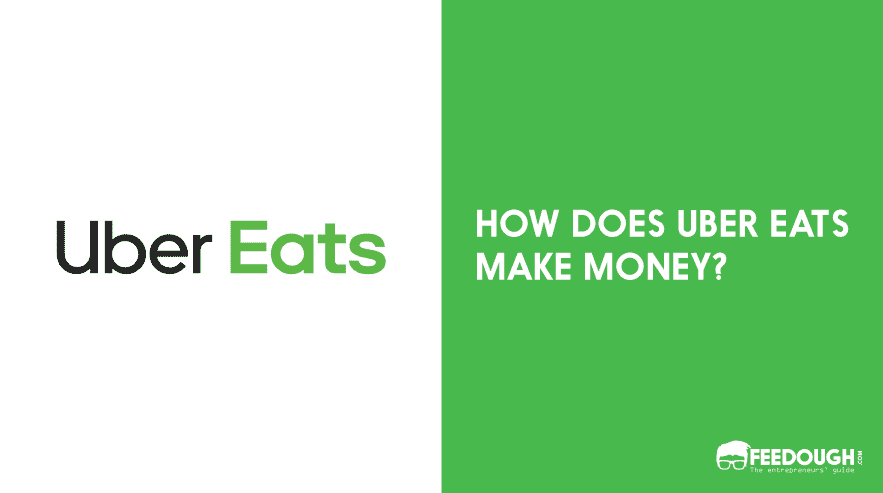The world has gone mobile and so is the food industry. And with a projected value of over 3 billion in the 2020s, food truck businesses are huge contributors to this change.
The popularity of such food trucks can be credited to –
- The change in consumer’s attitudes and visit intentions towards food outlets.
- Their low investment costs.
If you’re new to this industry or just want to understand how food trucks businesses work and what is their business model, here’s a complete guide for you. But first, what is a food truck business?
What Is A Food Truck Business?
A food truck (also called roach coach or gut truck) is a mobile restaurant – a large truck, trailer, or van equipped to cook, prepare, serve, and sell food.
These food trucks enjoy the flexibility of moving to different locations and serving to different clients if the market doesn’t suit them.
Though started as wagons in the late 1700s, the trend of food trucks as a legit business started during the great recession of 2008. Originally, these trucks used to serve only on construction sites, factories, and some blue-collar locations and sold quick-and-easy-to-make food products like sandwiches, hamburgers, french fries, etc. However, now that they are welcomed almost everywhere, there’s a steep rise of gourmet trucks which are considered a respectable venue for aspiring chefs to launch careers.
The menu of such trucks is limited yet specialized, the prices are low, and they stand out by providing food experience to the customers which they otherwise would not have experienced.
But food trucks are different from food trailers. Food trucks move on their own. They refer to a kitchen in a vehicle. Food trailers, however, are towed by a vehicle that is separate from the kitchen portion. While many people consider them to be the same thing, government and insurance companies have different policies for both of them.
We’ll be focusing more on food trucks in this article.
Food Truck vs Restaurant
Food truck business is thriving and the growth is even greater than the usual brick-and-mortar restaurants concept, mostly because –
- The prices of the offerings are low as this business involves fewer costs.
- It is truly mobile and can move to most-profitable markets easily.
- Food trucks can change their menu and outlook easily without incurring heavy costs.
- Food trucks are preferred by the newer generations (consumers aged 18 to 34) who demand easy food with more social interaction.
- The concept is also preferred by new generation entrepreneurs as it involves less investment and helps them transition out of usual 9 to 5 jobs.
- They capitalize on community-oriented marketing channels like social media and also make use of the scarcity principle most of the times.
- They boost social activities where people get a chance to interact with others while waiting for their order and consuming it.
- Food trucks these days are highly branded and usually stand out of the crowd with their distinct brand personality (fun, exciting, new, different and unique).
- They play on convenience and speed by which they serve the public.
How To Start A Food Truck Business?
So, what exactly is the food truck business model and how do you start a food truck business?
Well, it isn’t easy as it might seem. Even if it isn’t a regular restaurant, you’d require licences to operate, funding to start, hire, and market, and insurance to protect your business in the long run.
But it’s still easier and economical than opening a restaurant. Here’s a process to help you start your own food truck business –
Step 1: Analyse The Existing Market
Market analysis is an important process of –
- identifying the most profitable target group,
- understanding how they buy and consume food,
- what they usually buy,
- what competitors are doing right now,
- the available spaces which witness your target crowd,
- The legalities of running a food truck in your targeted city, and
- what’s currently missing in the market.
60% of the food trucks fail within three years of operation. Most of them fail because they ignore market research and planning. Look for available opportunities, know what the competitor is doing, notice what the competitor isn’t doing, and find out the unfulfilled demands of the customers related to the food industry.
Step 2: Find Your Niche
Market research will result in you finding out what’s needed in the market and where’s the most profitable space. Align this data with your own speciality and decide the concept or cuisine (your niche) you’ll be serving. This concept will form the backbone of your food truck.
Here are some famous food truck concepts –
- Fusion dishes: Mixing two cuisines to develop an all-new dish like Tex-Mex.
- Organic food: Targeting the health freaks.
- Gourmet sliders: Serving non-traditional sliders cuisines.
- Regional Cuisines: Choosing a regional cuisine which isn’t usually available in the neighbourhood.
Develop A Menu & Test It
The niche will help you plan your menu. Decide a few central dishes and some easy-to-make side dishes (which you can upsell later) but keep the menu limited as you’ll have limited space in the truck.
Make sure to test it before making any big decisions. Open a mobile food-stall in the planned market to test if your assumptions are valid and people do like what you have to offer.
Develop Business Model, Business Plan & Business Strategies
Once validated, plan how you’re going to operate your business and how are you going to make money (the business and revenue model). Set your short term and long term goals and the means to achieve them, and also set the business strategies you’ll use to outplay the existing players in the market.
- Find reliable partners (vendors): Vendors form your most important partners. Good vendors will help in the smooth running of your food truck.
- Define your cost structure: Define all the operating costs you will incur. Make sure you have provisions for them all.
- State your value proposition: Value proposition is the value your customers will get by consuming your offering. It’s a mix of rational (competitive) and emotional benefits.
- Predict the expected revenue strategies: Plan the cost at which you are going to sell your offerings. Decide the channels and figure out if they are viable. Channels include direct B2C sales, sales through delivery partners, party bookings, etc.
Brand Your Food Truck
Branding is of utmost importance when it comes to food trucks as the chief target audience considers a brand to be the deciding factor of whether they want to try its offerings or not. Choose and define the –
- Brand name: what will you be called?
- Brand Logo: what symbol will differentiate you?
- Brand positioning: how will you stand out in the minds of the customers?
- Brand experience: How the brand will direct every customer interaction to make them form a particular perception about the brand.
Get Licences & Permits
It’s a good idea to get all the licences and permits relating to your business before you invest monetarily and emotionally in your business.
Usually, you need four-to-five types of licences and permits to start your food truck business –
- Business Licence
- Employer Identification number
- Food Service Permit
- Parking Permits
- Health Permits
However, different countries and states have their own rules and regulations. For example, if you want to start a food truck business in New York, these are the requirements –
- Mobile Food Vendor License
- Mobile Food Vending Unit Permit
- New York State Certificate of Sales Tax Authority
- Completion of the food protection course exam for mobile food vendors
- Daily service and overnight storage at a commissary — an established commercial kitchen used to prepare and store food and park vehicles — certified by the NYC Department of Health
- Ensuring that your truck has all the required equipment— e.g., separate sinks for handwashing and food preparation, wastewater tank, ventilation, etc.
Similarly, starting a food truck business in Canada, India, and Australia requires you to fulfil different sets of legalities.
Finance Your Food Truck Business
While buying a food truck will cost you as less as $5000, starting a business involves a lot more costs. It usually ranges from $40,000 to $200,000 depending upon your location, concept, cooking appliances you’d require, and the type of truck.
Some costs you need to consider while starting a food truck business –
- Insurance (business insurance and vehicle insurance)
- Inventory (raw materials, food, and other supplies)
- Payment processing (partner commission, hardware and internet)
- Commissary fees (kitchen rental for prep work)
- Truck internal modification to fit the concept
- Truck appearance and design
- Fuel
- Marketing costs (online and offline)
- Payroll
This finance can either be sourced internally or you can opt any of these funding strategies –
- Business loan
- Personal loan
- Crowdfunding
- Investor funding
- SBA microloan (or similar type of loan for SME in your country)
Purchase & Modify Your Food Truck
Finding a truck isn’t an uphill struggle. There are a lot of options where you can get your food truck from –
- Online Classifieds like Craigslist includes listings by people who want to sell their old trucks. These old trucks are easy on the pockets but usually require you to spend more money to customize them according to your own concept.
- New Custom Trucks: These are an expensive option but you get exactly what you want.
- Leasing: There are many people who make money leasing their trucks to buyers like you. The only drawback being the restriction to customize most of them.
- Franchising: Many existing companies who look for expanding their presence offer franchising as an option where they sometimes even provide you with the trucks at low costs. However, in this case, you don’t have any control over the product, marketing or menu.
Insure Your Business
Food truck’s greatest perk is its greatest risk as well – being mobile. Being mobile means it is prone to accidents; and since you invest a lot in food trucks, insurance is almost a necessity. Besides this, there are usual business risks that can drown your investment.
- Insure your food truck (auto liability and auto physical damage)
- Insure your business (general liability like food-related claims and marketing related claims)
- Insure your equipment and property within the truck
- Insure your workers
Market!
Effective marketing is a game-changer for any food truck business. Since you target newer generations, you need to market using the channels they are most active on – social media and mobile.
Here are a few strategies to help you get started –
- Business Listing – list your food truck business on social validation oriented websites like Yelp (USA & Canada) and Zomato (India). Also, make sure to create a Google My Business page to make it visible to everyone who searches for your brand or the concept you serve.
- Engage on Social Media: Start a Snapchat profile and an Instagram page, add location specific and trend specific photos using hashtags and geotagging. Take candid photos and ask people to follow you to find them. Make sure you interact with them on these channels. Also, use Facebook and Twitter to run targeted ads with offers to get more people to try your offerings. And, use these channels to inform your existing customers about what new can they expect in your food truck.
- Develop a website and do SEO: Develop a website and optimize it using SEO. Then use it to take bookings for parties and events. This adds to the revenue.
- Run loyalty programs: Food truck businesses are meant to be highly social. Make sure your workers also adhere to it and offer loyalty discounts to frequent visitors.
- Outreach food bloggers: Influencer marketing brings in a lot of traffic. Try reaching out and partnering with established food bloggers to promote your business.
- Use SMS & WhatsApp Marketing: SMS and WhatsApp messages provides a personal touch which other marketing channels fail to provide. Here’s a guide to help you build relations with your audience using WhatsApp marketing
Go On, Tell Us What You Think!
Did we miss something? Come on! Tell us what you think about our article on food truck business in the comments section.
A startup consultant, digital marketer, traveller, and philomath. Aashish has worked with over 20 startups and successfully helped them ideate, raise money, and succeed. When not working, he can be found hiking, camping, and stargazing.
